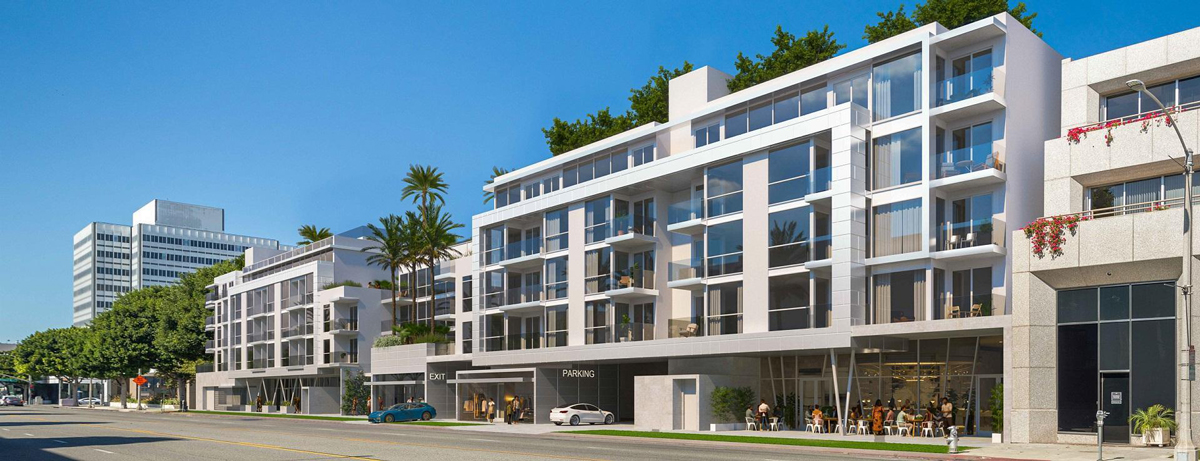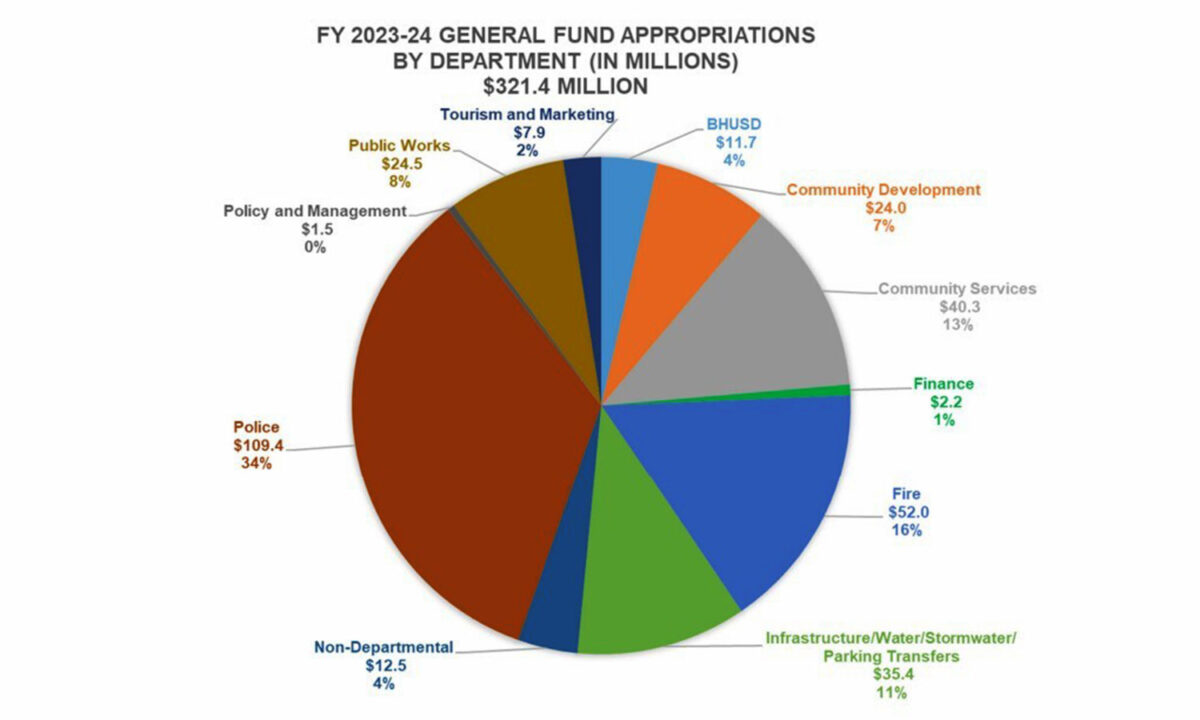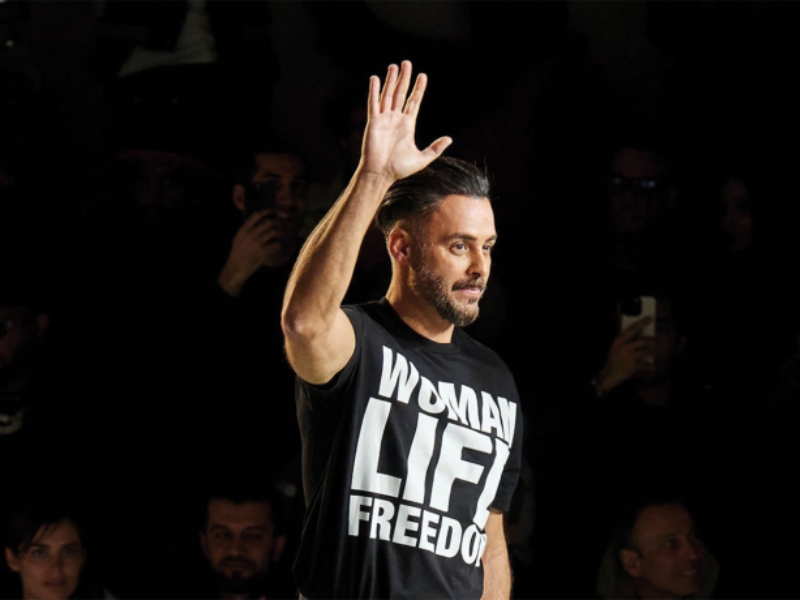The Courier recently asked all 11 City Council candidates to answer a series of four questions for publication. Two of those questions were directed to all of the candidates; two were addressed to the incumbents (Councilmembers John Mirisch, Lester Friedman and Robert Wunderlich); and two to the challengers (Commissioners Andy Licht and Sharona Nazarian; Vera Markowitz, Shiva Bagheri, Akshat “A.B.” Bhatia, Darian Bojeaux, Kevin Kugley and Robin Rowe).
All of the candidates submitted responses, which will be presented in a two-part series commencing this week. The order in which the candidates appear was selected by random drawing.
All candidates were given the chance to opine on the issues they feel most pressing to the city, as well as provide concrete solutions to addressing them.
We also asked about the state mandate to zone for more than 3,000 new units over the next eight years under the Regional Housing Needs Assessment, a controversial requirement that has put local governments across California in a bind.
Finally, we asked incumbents to reflect on their handling of the prior two years of turbulence and the relationship between the City Council and the police department, which has found itself in headlines repeatedly in the last few years. Challengers were asked to justify their candidacies–the life experiences that makes them fit for office and the specific policies or decisions of the previous City Council that they disagreed with.
While this space is inadequate for all the questions and answers necessary to make an informed decision on June 7, we hope it adds to the growing body of data for Beverly Hills voters as they continue to weigh their options. Note that the Courier did not edit responses.
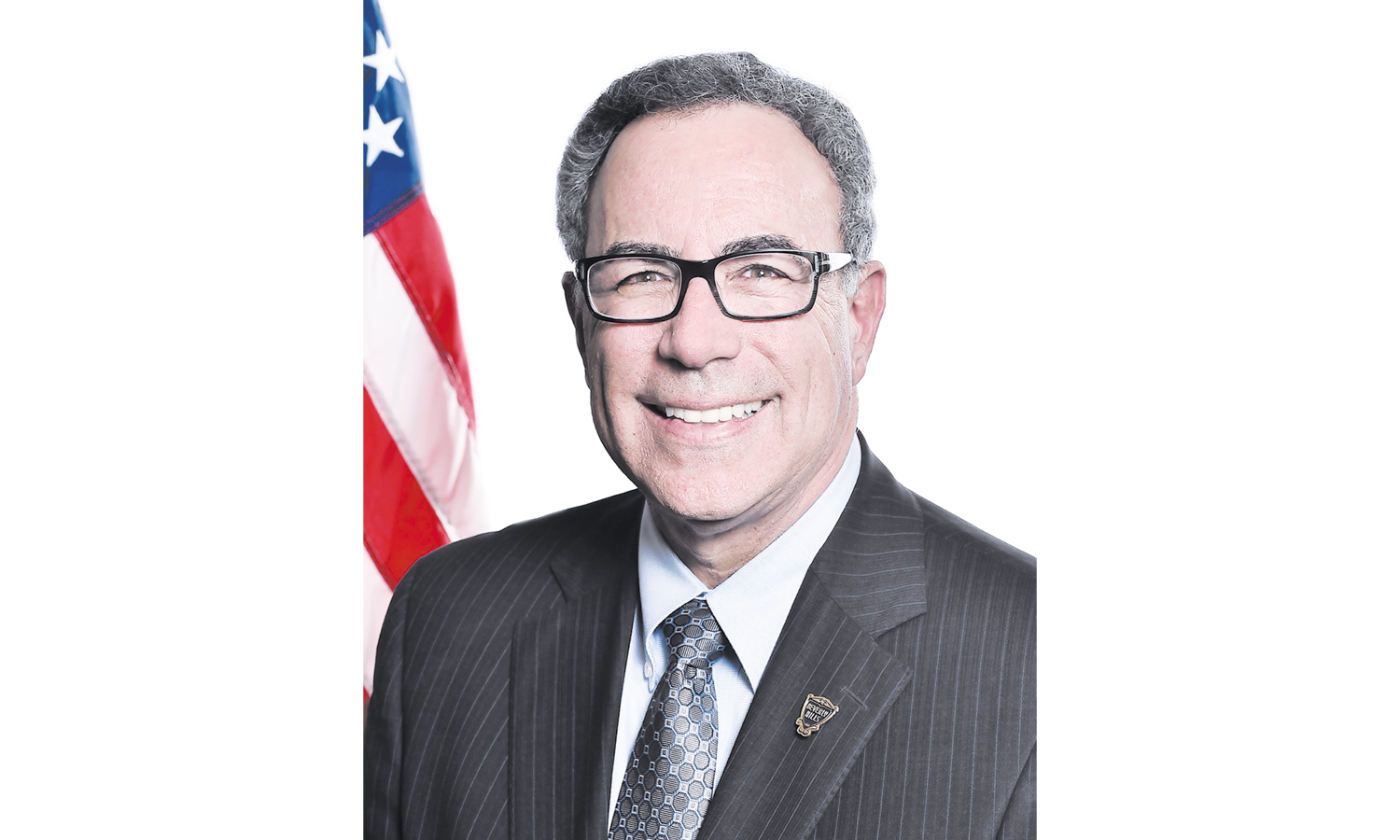
Lester Friedman
Courier: The challenges currently facing the City of Beverly Hills have generated much discussion. The community is looking for solutions. Please identify the three issues you find most vexing and explicate the solutions you would propose for each.
Friedman: Safety is the overarching issue, whether it is feeling safe on our streets, in our public spaces or secure in our homes. I’m proud the Council is continuing many of the initiatives I led as Mayor during the pandemic. We’re continuing to hire more police officers, deploy armed private security patrols and increase foot and motorcycle patrols. BHPD has been incredibly successful in capturing criminals. The new Real-time Watch Command Center will further reduce response time. It’s time to build a police substation near La Cienega and fully staff it. And we need to be in a preventive mode. We’re giving the department the tools they need, expanding our use of technology, cameras, license plate readers, drones and artificial intelligence.
Safety is also about community health. It’s time to expand our nurse practitioner program so residents on limited income do not use emergency rooms as the doctor’s office. I want to hold a health summit with our local hospitals and local agencies to prepare for the next emergency. The days of being reactive are over. The tools and knowledge are available, and we should be incorporating these community minded solutions to protecting health.
And of course, there’s the city’s financial safety. We faced a major crisis during the pandemic as revenue from hotels and restaurants plummeted. I’m proud we were able to keep cuts away from resident services. We moved quickly to help struggling businesses with BH Open. I led the Council in creating the outdoor dining program that continues to be so successful. Now, it’s time to apply the city’s design standards for their screens on the street so they look as good as the food they serve. And we need to be attractive to new businesses and help ensure their viability with timely approvals and openings. There were important lessons from the pandemic. I want to increase the city’s rainy-day fund to have more of a cushion and deploy innovative new ways to support our biggest source of revenue, businesses.
The community’s safety and security is always the first order of business. It’s a multilayered challenge that requires experience and knowledge to protect. As we move into the next phase of reopening and returning to a normal life, I want to apply my experience to that process.
Courier: Beverly Hills is under a mandate to zone for more than 3,000 new units over the next eight years. To date, the city’s response to this Housing Element requirement has not been approved. What does your idea of compliance look like? In your response, please touch upon the role that the city’s Mixed-Use ordinance could/should play in meeting the Housing Element mandate.
Friedman: The State imposed 3,000 units in eight years is incomprehensible. The Council’s job is to respond and at the same time fight to maintain our residential and small-town character. We passed the mixed-use ordinance, which demonstrates the city’s commitment to creating the units needed as appropriately as possible. We must find a way to comply with the State’s demands or lose control over aspects of our zoning. Then where will we be? Unable to protect the quality of life we all came to Beverly Hills to enjoy. Like other cities that were not initially approved, I am confident our housing element will be accepted, AND we will find the balance that protects the residential, small-town character of the Beverly Hills. I’m committed to fighting for who we are as a community.
Courier: We have gone through perhaps the most consequential two years in the history of the city, from civil unrest to a global pandemic. How did the City of Beverly Hills benefit from your presence on the City Council during your last term?
Friedman: As Mayor for the first year of the pandemic and during the civil unrest, I’m proud of what we accomplished. I led the hiring of more police and put more patrols on the streets with armed private security to support them. The outdoor dining program helped restaurants stay in business. I oversaw the emergency rent ordinance that temporarily helped many renters. And we made sure the economic crisis didn’t diminish resident services. I’m running for a second term to apply the lessons learned to make Beverly Hills safer, healthier and more prosperous. I have the experience and ideas to help guide our city into the bright future we all want.
Courier: The city prides itself and is very supportive of its police department. Yet, you were in office during a period when the city paid more than $7 million in judgments due to allegations against a former police chief. Moreover, the police department has also been named in a class action that alleges racial discrimination. Explain your understanding of the oversight function that the City Council plays regarding the management of essential services, such as the police department. And do you feel that you have served the city and its taxpayers well in handling the above two matters?
Friedman: City Council oversees policy decisions. While the Council doesn’t run day-to-day department operations, in the end, the responsibility is ours. The prior chief was hired in 2016, and after various allegations were upheld, resigned in 2020. The management of that process was based on legal and insurance decisions and carried out as expeditiously as possible. Our city was very fortunate to have Chief Dominick Rivetti become the Interim Chief. His talents and experience were perfect for the times. We worked closely to address these concerns. The Council is working with our permanent Police Chief Mark Stainbrook to make sure our community is safe, secure and respectful. And we’re working to ensure there is no basis for any allegation of impropriety against our department. The dignity of and respect for every resident and visitor is a guiding principle that must be upheld. This is the City Council’s policy and how we want our representatives to respect and interact with the public, whether in uniform or civilians working in City Hall.
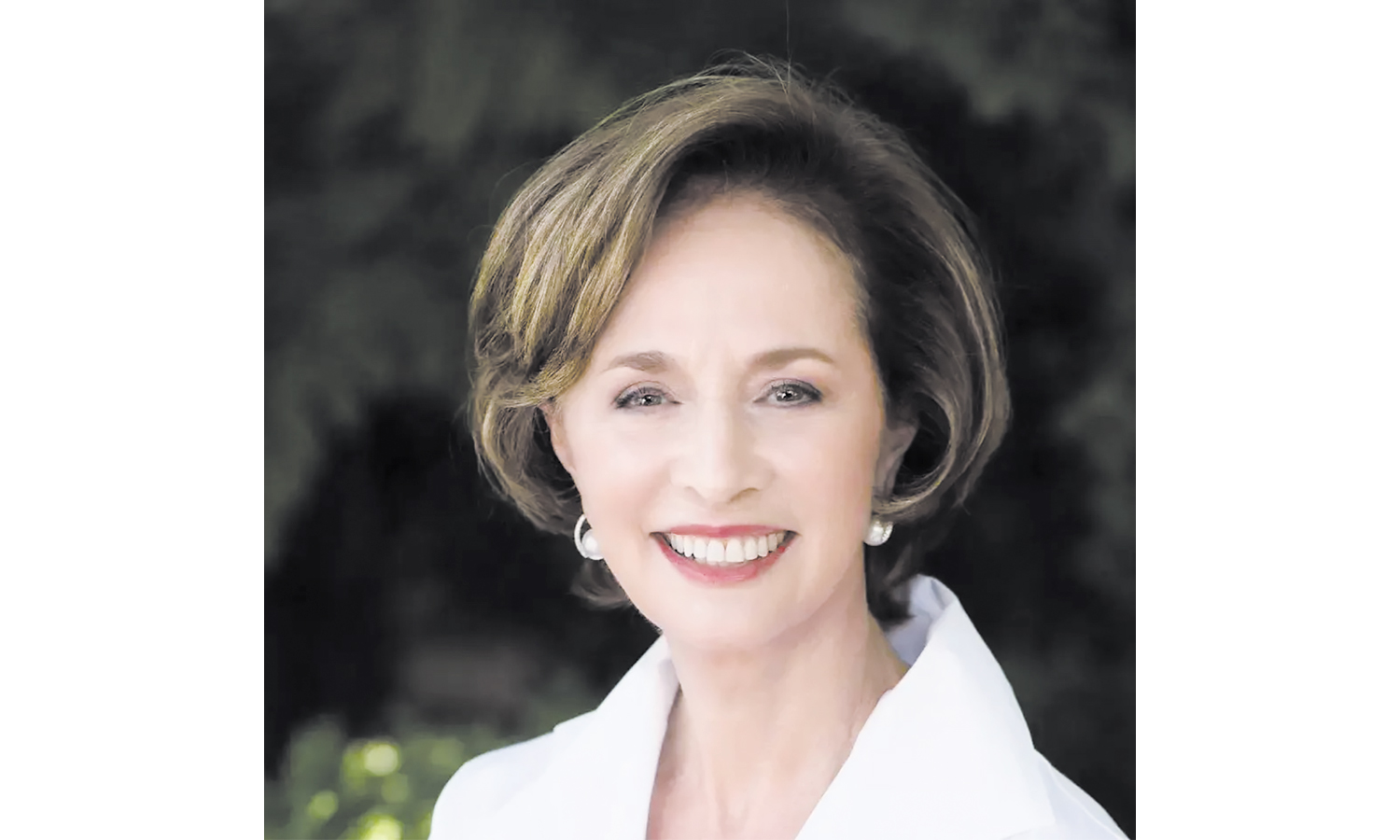
Vera Markowitz
Courier: The challenges currently facing the City of Beverly Hills have generated much discussion. The community is looking for solutions. Please identify the three issues you find most vexing and explicate the solutions you would propose for each.
Markowitz: Most importantly, the Council is responsible for not only managing administration, administrative functions, public service, information technology and the budget but also human resources and good hiring practices that ensure that taxpayer money is not wasted on ill-conceived programs and frivolous lawsuits. The first role and responsibility of government is to ensure the safety of its citizens. The current Council has been an unmitigated failure. Crime is up and the morale of our City’s police personnel is down. Our sworn officers do not have the support and resources needed to ensure that Beverly Hills remains a safe place to live, work and raise a family.
My top priorities include increasing the number of Beverly Hills PD sworn officers and detectives and returning the department to its rightful place as the premiere police department in the nation.
Another of my top priorities is to ensure that our water supply is safe, clean, affordable and plentiful. According to several reports, Beverly Hills is at dangerously low water reserves. In the event of any act of natural disaster or act of terrorism, the residents of Beverly Hills, by some estimates, would be without drinkable water within 24 hours. This is shameful and puts our community at risk. This issue can be further exposed given the fact that Beverly Hills has yet to underground all power lines and replace obsolete transformers that spark fires.
In wake of the many scandals that have plagued the Beverly Hills City Council, I am running with the goal of restoring the integrity of the Council and rebuilding public trust. If elected, I pledge to enact sweeping reforms to ensure that the Beverly Hills City Council meet the highest standards for ethics, fairness, and accuracy. I will work to ensure a more transparent, accessible and efficient city government.
Courier: Beverly Hills is under a mandate to zone for more than 3,000 new units over the next eight years. To date, the city’s response to this Housing Element requirement has not been approved. What does your idea of compliance look like? In your response, please touch upon the role that the city’s Mixed-Use ordinance could/should play in meeting the Housing Element mandate.
Markowitz: I support mixed housing in limited areas. However, it is vital that we protect the character of Beverly Hills and our older neighborhoods from Sacramento’s political mandates. One of my top priorities on the Council will be the creation of a new General Plan that would prevent special interest and bureaucrats from mandating development projects that are outsized and do not fit with the integrity of our neighborhoods. We need land use and development policies that reflect the history, values and our unique quality of life. Given the impending mandate in its current form we must immediately address the issues of the removal of car lanes that would create choke points, create programs to install left turn arrows and synchronize traffic lights. Metro must also address the issues of electric bus (DASH) and shuttle service that is necessary to link to proposed major rail service.
Courier: You feel that you deserve a spot on the Beverly Hills City Council. What relevant experience, tested abilities and credentials do you bring to the table that the current incumbents or other challengers do not possess? Why would your presence on the City Council provide a better mix of talent on that body? WE WILL NOT PRINT ANYTHING IMPOLITE, but if you feel that your qualifications surpass those of other specific candidates, you may address that topic.
Markowitz: I have lived here in Beverly Hills for over 50 years. This city is where I raised my children and the city I love. My work with Team Beverly Hills has given me valuable insight into the inner workings of Beverly Hills and the unique challenges our city faces. As the Co-Founder and Director of Just In Case BH, I have fought to keep our community safe and prepared for any emergency our community may face. We have many serious problems in Beverly Hills that have been ignored or are being treated with nonsensical “solutions” that only serve City Hall interests and exacerbate and divide us. To move forward and to finally resolve these issues, I am a strong believer in learning from our community and neighbors. I believe citizen input is essential. Enough of these temporary fixes that help no one. I believe we must have a vision towards a long term solution. I’m running for Beverly Hills City Council to continue fighting for our neighborhoods. At this pivotal moment, the choices we make will have an enormous impact on our neighborhoods, our environment, our schools, our safety and Beverly Hills’ future.
Courier: Are you running because you don’t approve of the performance of the current City Council? If so, please point to a particular decision or initiative – or lack thereof – that you disagree with. If you are running for any other reason, please elaborate. (It is ok to say that you are running because you simply think it is time for a change, or because you always wanted to hold elective office.) We want to understand what is motivating you to take this move.
Markowitz: Beverly Hills City Council has failed us. They have forgotten that they are our public servants. City Hall insiders have stacked the field of candidates putting special interests ahead of our community. It is time that we have our seat at the table and the residents, small business owners, and families who love our way of life here in the Beverly Hills have their say. It’s time we have a council member that puts our neighborhoods and residents first. Six years ago, I learned that the City Council had failed to properly vet candidates and hired an incompetent police chief. She had multiple lawsuits against her before she was hired in Beverly Hills. I was a lone voice for over 4 years of speaking in front of the Council and relating all the atrocities that the police rank and file were subjected to. As a result of this failure, 50 of our best police officers left and sought new employment or retired from the department. In addition to the loss of our city’s finest police officers, the city was subsequently sued and has settled over $15 million dollars in law suits. The residents of Beverly Hills demand better. Enough is enough of this failed leadership. Our community cannot afford to continue on this path of failed leadership. I believe I am the right candidate to make City Hall work for us because I will do what I’ve been doing my entire life – fighting to improve the quality of life for everyone in Beverly Hills.

Robin Rowe
Courier: The challenges currently facing the City of Beverly Hills have generated much discussion. The community is looking for solutions. Please identify the three issues you find most vexing and explicate the solutions you would propose for each.
Rowe: Just three? During the decade the Incumbents have held office the City Council has done so many vexing things.
One, the Incumbents increased by 40% the police budget, while at the same time making Beverly Hills alarmingly less safe. They are now running for reelection on campaign promises of future unlimited police budget increases.
Two, the Incumbents have obstructed construction of affordable housing in Beverly Hills. Their opposition is so fierce that in one unguarded moment an Incumbent said affordable housing in Beverly Hills would happen only “over my dead body.” Then, with undeserved hoopla, the Incumbents passed a Mixed-Use Ordinance that at best could add only a few affordable units. When it resulted in building none, the Incumbents said it’s not them, but the fault of the public for not wanting affordable housing. Three, for a decade the Incumbents have funneled more than a million dollars a year of city funds into a no-strings-attached grant to the Beverly Hills Unified School District. Incumbents have campaign promised that BHUSD has their total support. Meanwhile, the School Board has diverted over $16 million of school bond construction funds into mounting a series of losing lawsuits to delay Beverly Hills subway construction, in coordination with the City Council. Auditors and former School Board officials have said diversion of school bond construction funds is illegal, that it must be used for construction. If elected to City Council, my one vote in opposition to any City Council nonsense may not seem like much. A meaningful change I can accomplish on the City Council is to increase transparency to make it hard for Beverly Hills politicians to avoid public scrutiny.
Courier: Beverly Hills is under a mandate to zone for more than 3,000 new units over the next eight years. To date, the city’s response to this Housing Element requirement has not been approved. What does your idea of compliance look like? In your response, please touch upon the role that the city’s Mixed-Use ordinance could/should play in meeting the Housing Element mandate.
Rowe: That 3,000 new units number may be outdated. The state mandate for new affordable housing units in Beverly Hills was 3,000 in 2020. The state mandate calls for another 300 new units each year. Beverly Hills is 3,600 units short in 2022. If the City Council continues to accomplish nothing building affordable housing, as it has for a decade, then in eight years Beverly Hills may expect to be 6,000 affordable housing units short.
It was recently reported that the state lost a lawsuit that challenged how many affordable housing units a community needs. The lawsuit asserted the state’s number was calculated incorrectly and is too low. It hasn’t been announced yet what the new higher number required of Beverly Hills may be.
To solve a massive Beverly Hills housing shortfall requiring building thousands of new units means the construction of high-rise residential towers. Adding a few units through Mixed-Use, if that idea could work, won’t make a difference. We may expect the state to enforce the affordable housing law, to force Beverly Hills to act, as California already has done by suing Huntington Beach.
I would have us build affordable housing earmarked for Beverly Hills workers. I would not repeat the mistake Chicago made of building, in a luxury neighborhood, large subsidized housing intended for the destitute. I lived in Chicago next to the notorious Cabrini Green projects. Chicago’s Gold Coast neighborhood is still plagued by crime and the gangs that the projects attracted, even after Cabrini Green was deemed a failure and has since been torn down.
Courier: We have gone through perhaps the most consequential two years in the history of the city, from civil unrest to a global pandemic. How did the City of Beverly Hills benefit from your presence on the City Council during your last term?
Rowe: Being more relevant to my performance, I answered your Incumbent questions instead.
During the COVID-19 pandemic, I worked for the United Nations World Health Organization managing a new program to train doctors worldwide to save lives at risk during disasters.
Courier: The city prides itself and is very supportive of its police department. Yet, you were in office during a period when the city paid more than $7 million in judgments due to allegations against a former police chief. Moreover, the police department has also been named in a class action that alleges racial discrimination. Explain your understanding of the oversight function that the City Council plays regarding the management of essential services, such as the police department. And do you feel that you have served the city and its taxpayers well in handling the above two matters?
Rowe: The KTLA news headline was, “Beverly Hills police chief retires after city pays millions to settle lawsuits alleging she engaged in racism, anti-Semitism, harassment.” Anyone who read the legal briefs from the lawsuits knows the Beverly Hills police chief was also accused of being homophobic and a nymphomaniac. That Beverly Hills hired an attractive nymphomaniac female police chief who sexually harassed male police officers, and that Hollywood has yet to produce a movie-of-the-week to share such a lascivious story, seems implausible.
When Beverly Hills hired its first female police chief, Vogue magazine published an interview with her in which the Chief said she’s a “change agent” who will root out any discrimination in the police force. The discrimination lawsuits brought against the Chief were not from marginalized citizens, rather from Beverly Hills police officers who said the Chief mistreated them. The City Council paying off these police-on-police lawsuits created so much scandal against the Police Chief that she eventually resigned. The police department that removed its avowed reformist police chief has subsequently been charged in an unrelated class action lawsuit for systemic racial discrimination.
It’s been highly publicized how much Beverly Hills police officers suing the police chief received. How much the City Council has paid out for police brutality and discrimination lawsuits brought by abused citizens is something only the City Council knows. It does not show in the City budget.
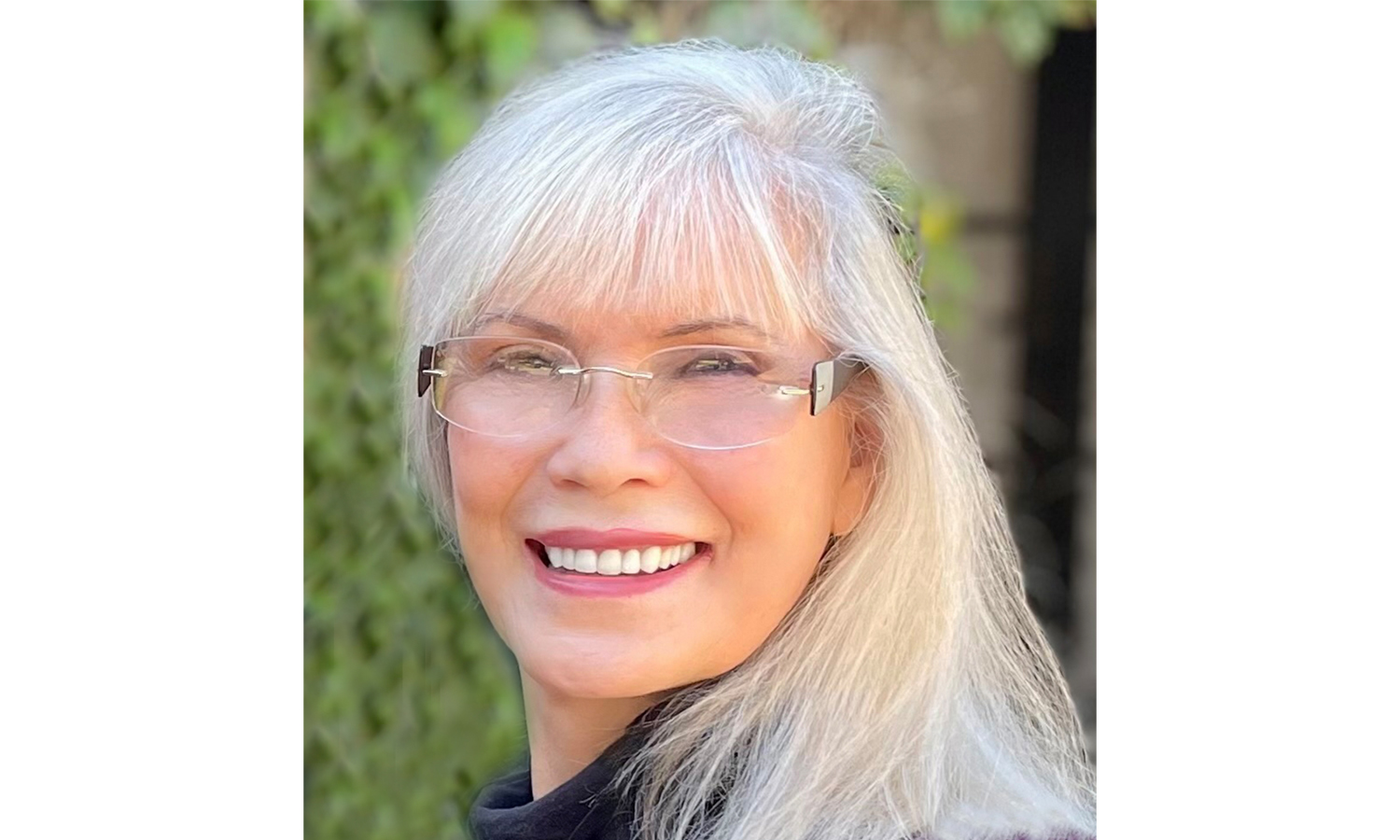
Darian Bojeaux
Courier: The challenges currently facing the City of Beverly Hills have generated much discussion. The community is looking for solutions. Please identify the three issues you find most vexing and explicate the solutions you would propose for each.
Bojeaux: 1. Issue: Crime against businesses, customers, and residents.
Solution: In addition to what the BHPD is doing in increasing cameras, using drone surveillance, allowing officers to hear incoming calls; and allowing residents to know what is going on; the BHPD should also increase monitoring of cameras, and increase officer foot patrol, in pairs, in the triangle. It is much better to increase the number of police officers than to use private security services which are much less threatening to thieves.
2. Issue: 3 or 4 council members making major changes to height limits, parking requirements, and city zoning and doing what they want to do instead of taking into consideration what residents want for the city.
Solution: Stop deviating from the general plan with spot zoning, unless the project is first submitted to the residents for a vote.
3. Issue: The lack of affordable housing caused by the city’s failure to make it easier for residents to build guest houses on top of garages, and to build other ADU’s. The city should have jumped on such a project the month RHNA new housing requirements came out, to spread increased density evenly and fairly throughout the city. Instead, the Planning Commission and city have dragged their feet for years now, due to a combination of incompetence and attempting to push increased density on to the main streets for the benefit of city officials who do not live near the main streets, all to the detriment of residents who live near main streets. If the city had acted promptly, many more guest houses would have been built by now and we would have been able to get more credit for ADU’s in the housing element plan which was bungled by the city.
Solution: Allow posthaste guest houses to be built over garages; allow zero setbacks in the rear of the property unless problematical for neighbors; allow at least 450 sq. ft. of paving in front of a home for increased off-street parking for two cars plus a walkway; the city should hire engineers who can assist residents with their plans for a reasonable cost; the city should publish in a booklet everything that needs to be done to obtain a permit for an ADU with all necessary information; the city should provide low cost pre-approved models for ADU’s, but not low quality models; the city should significantly reduce all applicable fees for permitting ADU’s.
Courier: Beverly Hills is under a mandate to zone for more than 3,000 new units over the next eight years. To date, the city’s response to this Housing Element requirement has not been approved. What does your idea of compliance look like? In your response, please touch upon the role that the city’s Mixed-Use ordinance could/should play in meeting the Housing Element mandate.
Bojeaux: See 3 above which is incorporated here by reference. One reason the housing element was not approved is that the city violated Government Code §65583(c)(9) which required the city to make a diligent effort to achieve public participation in developing the housing element plan. Instead the city just passed the mixed-use ordinance during the height of the pandemic, against the wishes of most residents, and the mixed use ordinance rezoned for over three times RHNA new housing requirements. The city should have never increased height limits within the mixed use ordinance – residents did not want that, and the city should have, in addition to making it easier for residents to build guest houses and ADU’s early on, reached out and worked with owners of large existing commercial buildings to interest them in adaptive re-use of their buildings for mixed use. The city should have also required the One Beverly Hilton project to include affordable housing.
Courier: You feel that you deserve a spot on the Beverly Hills City Council. What relevant experience, tested abilities and credentials do you bring to the table that the current incumbents or other challengers do not possess? Why would your presence on the City Council provide a better mix of talent on that body? WE WILL NOT PRINT ANYTHING IMPOLITE, but if you feel that your qualifications surpass those of other specific candidates, you may address that topic.
Bojeaux: I am an attorney, and attorneys are ideally suited to serve on the council because of their education, experience, and familiarity with the law. Of course that is much more the case if the attorney is willing to dig in, research, and learn about the subject matter which comes before him. That is not to say that a non-attorney cannot do the same thing with some effort. In fact council member John Mirisch who is not an attorney, digs in and makes himself very knowledgeable about the subjects which come before him. On the other hand, I have seen council members who have no idea about their subject matter because they have not tried to learn about it, so they just ask questions to staff, and rely on the position of a staff member instead of doing their job as a council member.
Also, I think that I am more in touch with and care more about what residents want for the city, and I would defer to residents rather than abuse power and force my preferences for the city onto the residents as this city council majority has done.
Courier: Are you running because you don’t approve of the performance of the current City Council? If so, please point to a particular decision or initiative–or lack thereof– that you disagree with. If you are running for any other reason, please elaborate. (It is ok to say that you are running because you simply think it is time for a change, or because you always wanted to hold elective office.) We want to understand what is motivating you to take this move.
Bojeaux: Yes, I do not approve of the performance of the current City Council majority. The city failed its residents by not promptly helping residents build guesthouses over garages and ADU’s in a timely manner. I disagree with the City Council majority’s passing the mixed use ordinance, which raised height limits, decreased parking requirements, and zoned for three times the new housing required by RHNA. I disapprove of the City Council majority’s ignoring the wishes of the majority of residents who weighed in. The City Council majority was also unfair to residents by refusing to extend their time to gather referendum signatures, due to the pandemic, so that the mixed use ordinance could be placed on the ballot for residents to decide.
I disagree with the City Council majority’s approval of the One Beverly Hilton project because (1) it allowed an 11 story building across the street from El Rodeo School which will throw shade on the school; (2) it exempted the developer from providing any affordable housing whatsoever; (3) the development agreement for the project was pre-negotiated without being submitted for public input, and was not well-negotiated; (4) parking requirements for the site were reduced by 1/3 and substandard parking was approved; and (5) the City Council majority ignored the concerns of residents.
I believe the Cheval Blanc project, an overly massive hotel going up to 9 stories, is being proposed for the village because the developer knows that at least three of the incumbent City Council members will vote in favor of it regardless of what residents want. And that is another reason I would like the composition of the city council to be changed.
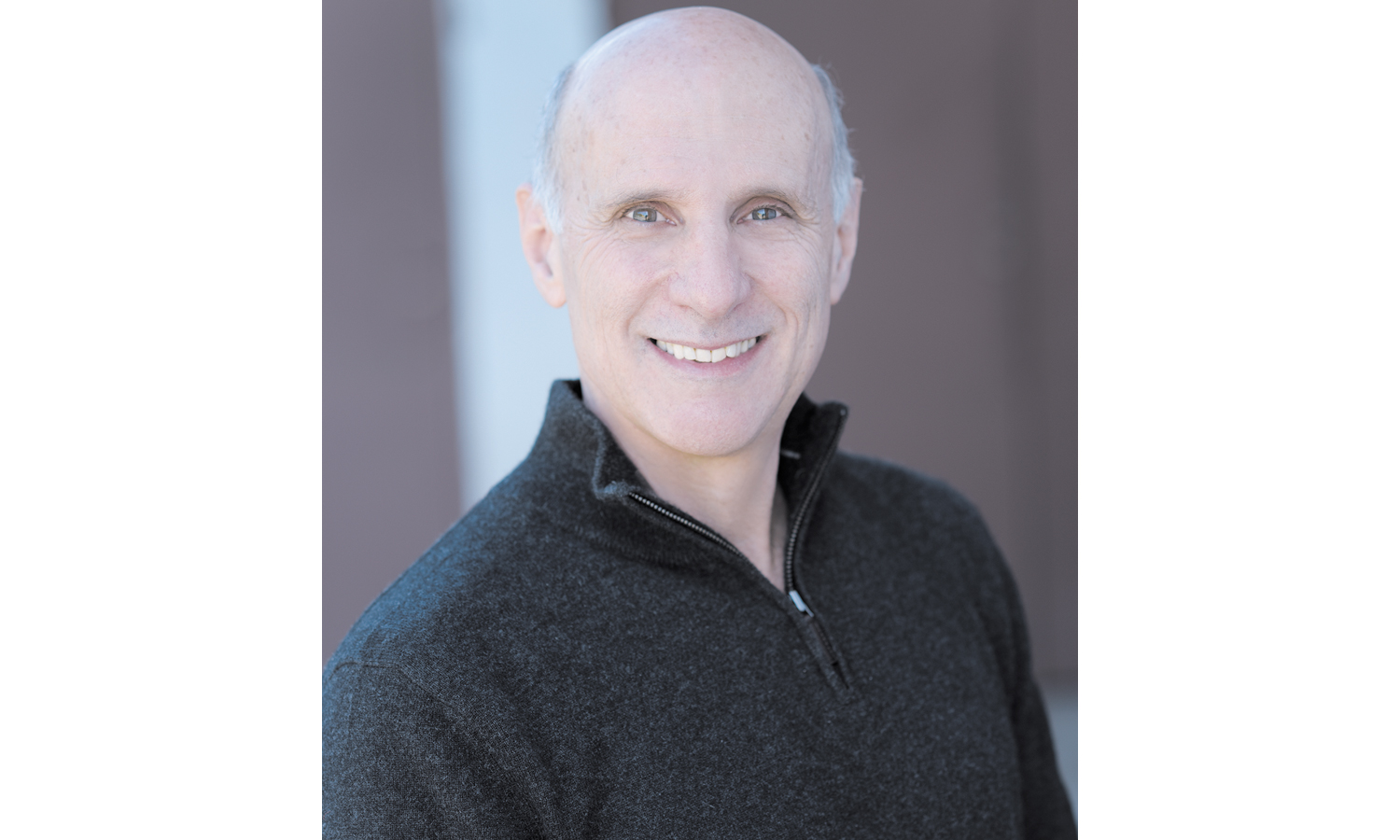
Robert Wunderlich




